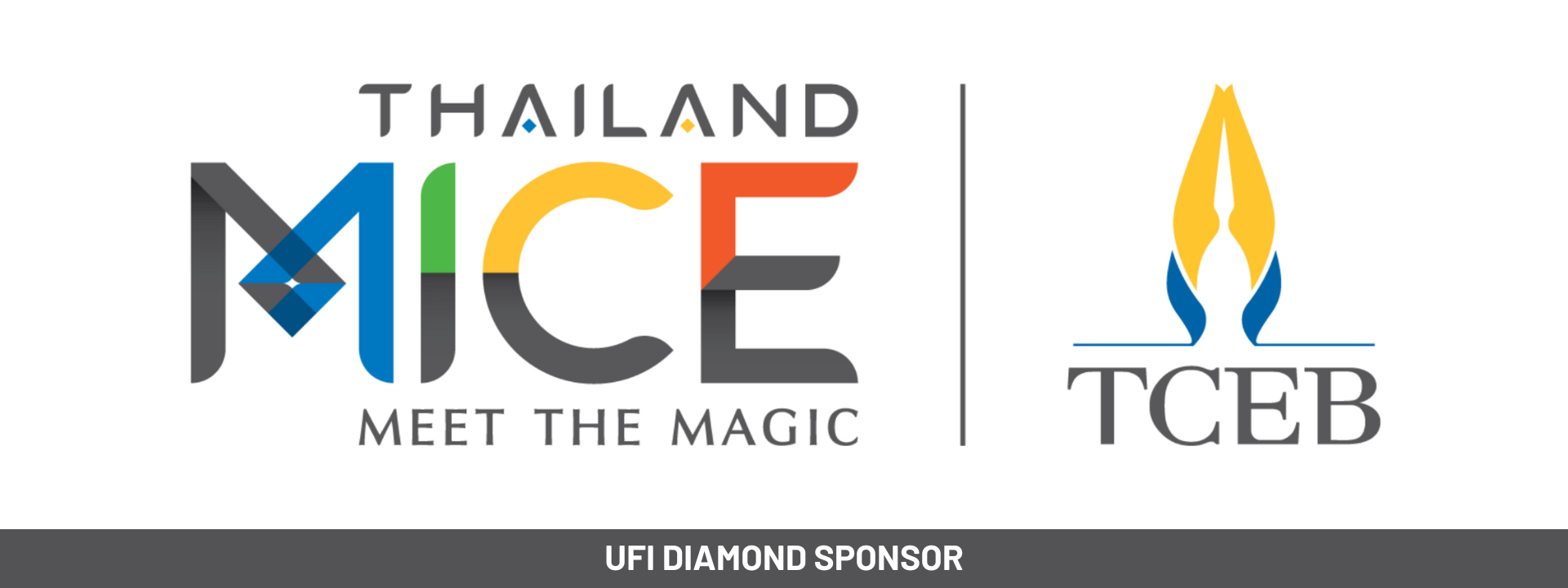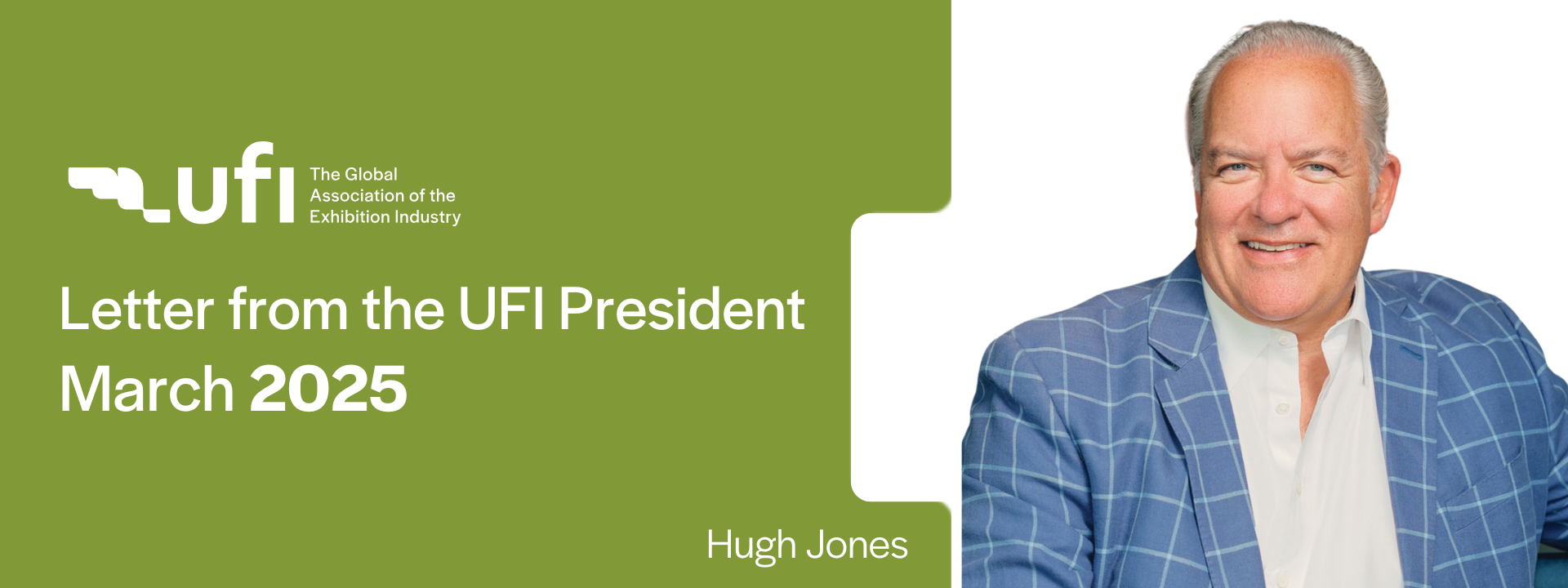How will the pandemic impact global stability?
“We have lost almost all of the certainties upon which our foreign policy assumptions have been built for decades,” said Wolfgang Ischinger, a German diplomat who served as the German Ambassador to the U.S. and the U.K. “We live in an extremely volatile world with enormous challenges to our societies and our countries.”
Ischinger, who has served as Chairman of the Munich Security Conference since 2008, offered his views on the today’s geopolitical climate and forecasts for the future during a keynote at the #UFICongress.
“I cannot recall a moment in recent history when we had so many challenges simultaneously confronting the world at large,” Ischinger said.
On behalf of the Munich Security Conference, Ischinger will be publishing a report titled Polypandemic, which outlines his views on COVID-19’s impact to the world in five key areas:
- Hunger: There are estimates that the number of people suffering from hunger will double as a consequence of COVID-19, he said.
- Poverty: An additional 100 million people will sink into extreme poverty, Ischinger predicted.
- Authoritarianism: The number of authoritarian vs. democratic countries is rising rather dramatically, he said.
- Inequality: “For example, in Western countries, there are 29 doctors per every 10,000 people, while in less developed countries, there are only three,” he said. “This scissor will be even wider going forward.”
- International security: “Failing states, whether it’s in Africa or elsewhere, will produce more radicalization,” Ischinger said. “In other words, we can expect more terrorism to occur and more migratory pressures.”
In regards to the advent of U.S. President-Elect Joe Biden’s administration, Ischinger expects a return to the three Ts: trust, truth and transparency. “All three had gotten lost, at least in the transatlantic space over the last four years,” he said. “There’s now a wonderful opportunity to reshape our relationship on the basis of mutual trust, coherent truth and avoiding fake news, and transparent cooperation.”
One warning from Ischinger: “Let’s not get too euphoric. There will be no transatlantic paradise created by Joe Biden and his administration. There will be continuing issues standing between the Biden administration, the U.S. Congress and us in Europe.”
Following the presentation, Ischinger participated in a brief Q&A with UFI Managing Director and CEO Kai Hattendorf. Here’s a summary of the highlights:
Q: “What are the main items we need to discuss as an international community to turn the tides towards more collaboration?”
A: “Closing borders was knee-jerk reactions by most governments, and countries turned to their own national interests. This was the wrong decision because it is not possible to end the pandemic in one country while it’s still in a neighboring country,” said Ischinger. “We need to return to a joint belief across the Atlantic in multilateral approaches.”
Q: “As we build trust and reliability, what does it mean for business and geopolitics?” Hattendorf asked.
A: “It has obviously been a huge challenge for the profitability of companies,” Ischinger said. “I’m afraid we will see a growing number of bankruptcies. As the organizer of a significant number of large and small events around the world, we are now facing this daunting problem of ‘what am I going to do’ about the Munich Security Conference 2021 in February. It’s an enormous challenge for my team.”
Q: “Three years from now, what will be the role of events in shaping the post-COVID world?” Hattendorf asked.
A: “I see a revitalised business,” Ischinger said. “I see a large number of people deciding to flock to these gatherings. I would expect your business to become fully alive again and pick up more speed. Let’s be optimistic things will work out. We will return to normal. Not the status quo, but a new world era where there is more virtual. But they will not replace real in-person events.”







Leave A Comment